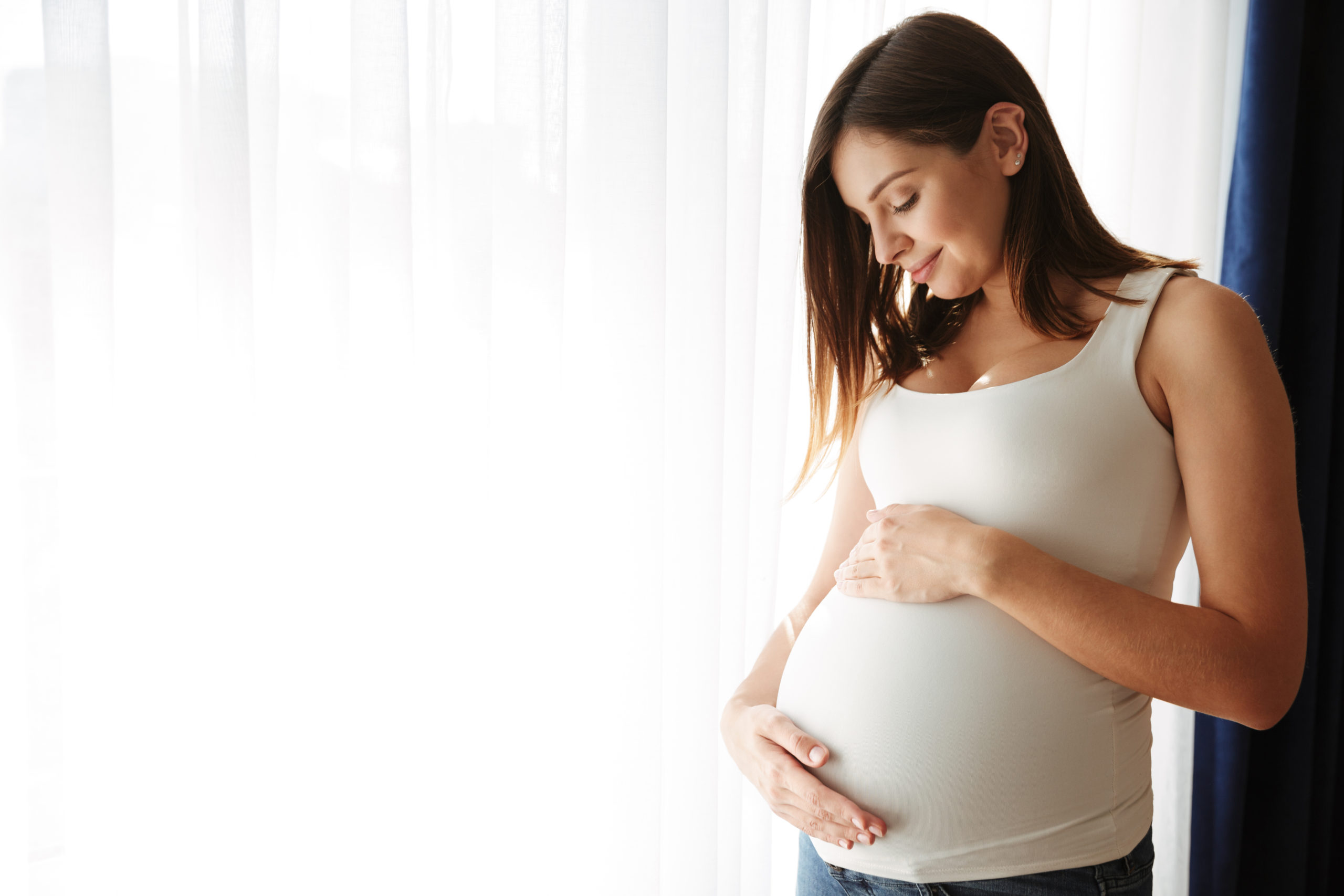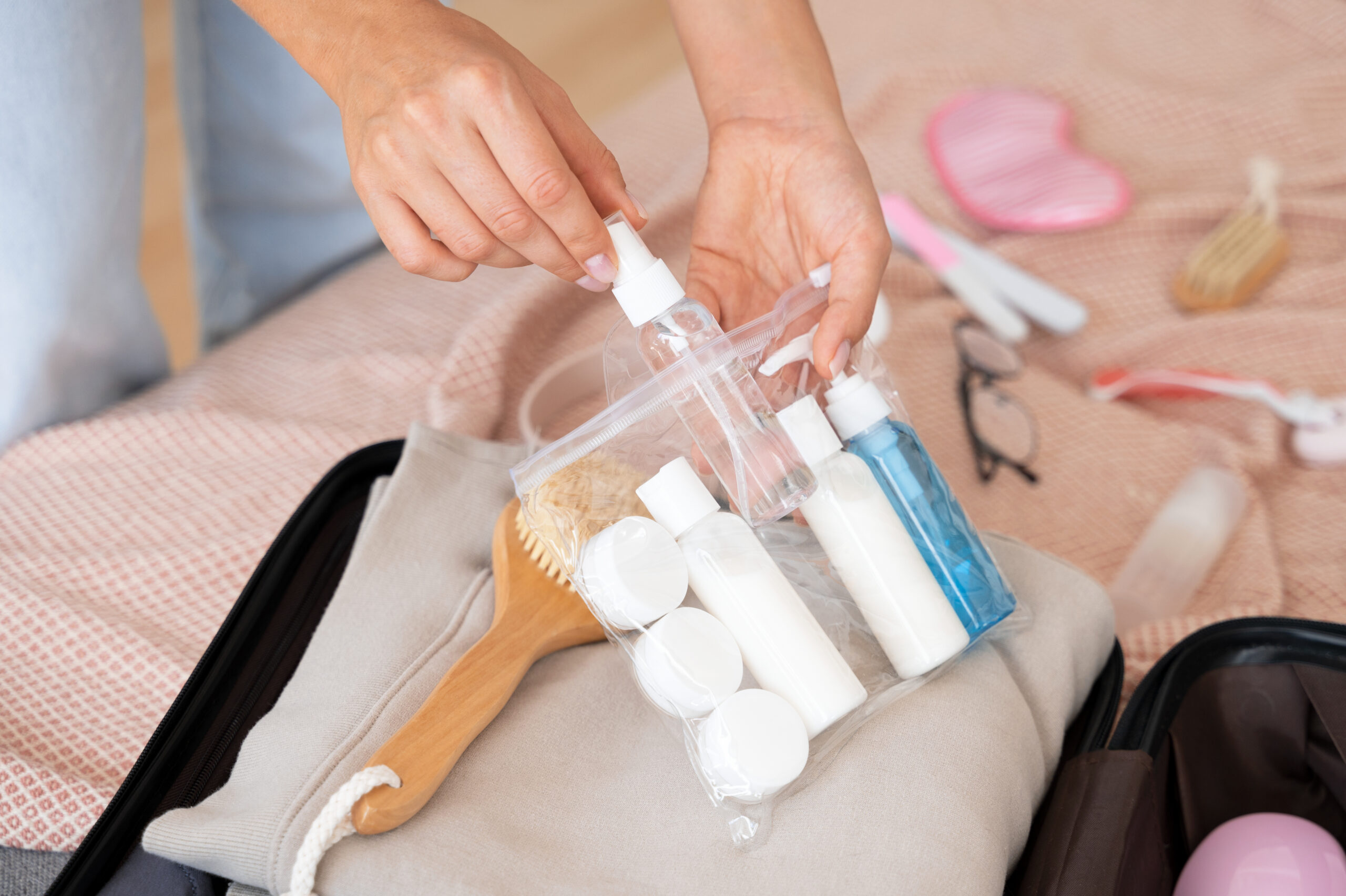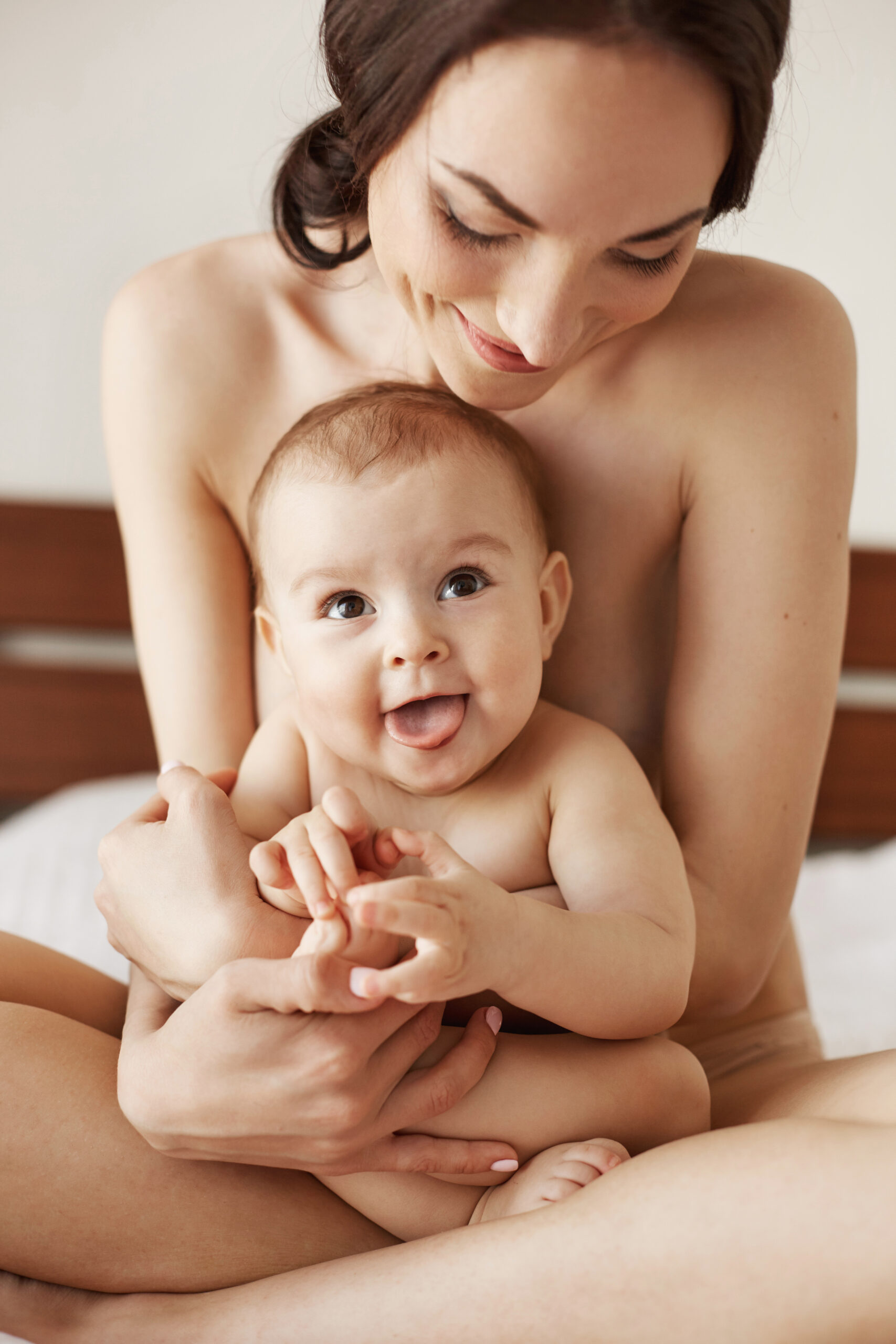Did you know that on average a woman will change dress size 31 times in her lifetime? I don’t know about you but it feels sometimes like that can happen in the space of 2 years let alone across a lifetime. These changes occur at all ages of life and all times of year, whether it’s Christmas indulgence, summer pressure or the natural changes we all go through when expecting. But what do you do when your size changes?
Fast fashion
We all do the same thing, buy new clothes! But we might change size again, so we tend to not buy clothes that will last. Recently there has been a spotlight on the impacts of fast fashion on the environment, only 15% of clothing that is thrown away gets recycled the rest ends up in landfill sites where the synthetic fibers can take up to 200 years to decompose.
The fast fashion industry designs clothes to not last, and those garments that are worn less than 5 times over an average time of 35 days produces up to 400% more carbon emissions than clothing which is worn over a year.
So those cheap clothes that only get worn a couple of times before they break or aren’t any good anymore, get thrown away. As well as the environmental impact, you are spending money on clothes that you only wear a handful of times – which in the long run ends up costing you even more.
Maternity Wear
During pregnancy, our bodies change at an even greater rate – it can be difficult to still feel confident and get your personality and sense of style across when none of your favourite clothes fit anymore. On average women tend to splash out around £700 on maternity wear during their pregnancy, which is completely understandable, but from an environmental and a financial point of view it’s not ideal. There are already so many things to buy and get ready when you are expecting, that spending a huge amount on clothes during pregnancy and then still needing to buy more postnatal puts additional stress on you which you just don’t need.
Sustainable fashion
Sustainable fashion is something that we can all look into more, from the 30 wear test, to purchasing pieces of clothing based on longevity rather than price that can be used throughout the year rather than just for a short period of time. More brands are becoming more eco friendly through one way or another, but remember that it’s your decisions not just the retailers decisions that are important for us to be able to mitigate the impacts of fast fashion as much as possible.
Zip Us In
Zip Us In jacket expander panels are one of the first steps that you can take to helping reduce your reliance on fast fashion and having to buy 3 or 4 different coats in a year and a half to deal with your changing shape. By extending a jacket that you already love you can continue wearing a jacket that you already own and love throughout pregnancy and during babywearing – not only maintaining your personal style but also helping you stay active and comfortable and reducing the amount of clothing that’s thrown away.
If you do choose to use a baby carrier or a sling as well but you don’t always do the carrying, the panels can be attached to a different jacket so that your partner, friend or family member can also keep warm with little one!
Designed and made to last they can see you through your pregnancy and beyond, and once you no longer need it you can take advantage of our Buy It Back initiative, so that we can buy it back to pay it forward and the panels can be donated to one of our partner charities.
Sources
SWNS Digital (2016) The average woman will change dress size 31 times in her lifetime;
https://swnsdigital.com/2016/12/the-average-woman-will-change-dress-size-31-times-in-her-l
ifetime/
Sustain Your style (2017) Fashion’s Environmental Impact;
https://www.sustainyourstyle.org/old-environmental-impacts
Forbes (2015) Making Climate Change Fashionable – The Garment Industry Takes On
Global Warming;
https://www.forbes.com/sites/jamesconca/2015/12/03/making-climate-change-fashionable-th
e-garment-industry-takes-on-global-warming/
SWNS Digital (2019) Women will splash out almost £700 during their pregnancy – on
maternity clothes;
https://swnsdigital.com/2019/11/women-will-splash-out-almost-700-during-their-pregnancy-o
n-maternity-clothes/
Harpers Bazaar (2021) 10 simple steps to being more sustainable;
https://www.harpersbazaar.com/uk/fashion/what-to-wear/a41158/how-to-be-sustainable-fashi
on/









